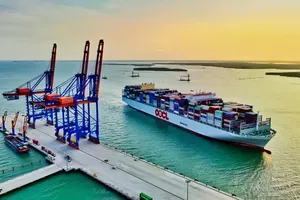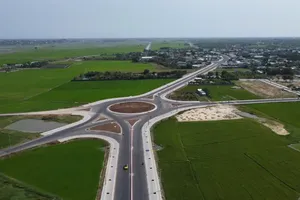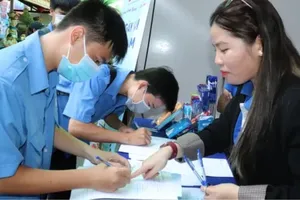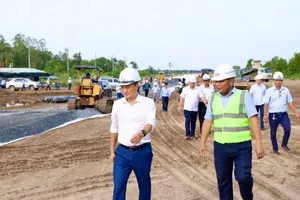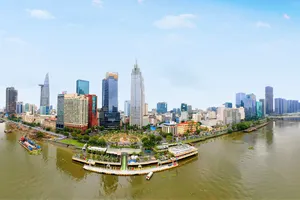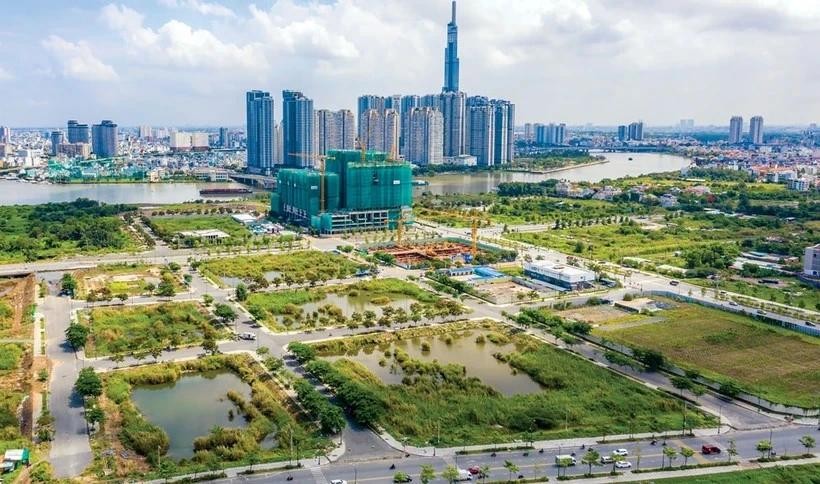
The decree regulates the pilot implementation of the decentralization in State management between the Government and the Ho Chi Minh City’s authorities including the People’s Council and People’s Committee in some sectors, such as State management, investment, economy, finance, state budget, planning, construction, natural resources and environment, transportation, healthcare, education and training, labor, vocational education, and internal affairs.
The decentralization in State management for Ho Chi Minh City must be implemented in accordance with the Law on the organization of the local governments; ensure compliance with the Constitution, laws, resolutions of the National Assembly and the Standing Committee of the National Assembly, and the Party's direction on the orientation and tasks of the city's development.
It also needs to ensure the centralized and unified leadership and direction of the Government; and promote the city's responsibility, autonomy, accountability, dynamism, and creativity in organizing and implementing local socio-economic development goals.
The decentralization in State management must be closely tied with the enhancement of responsibilities of inspection, examination, and supervision of the city government’s activities.
In addition, the decentralization in State management in a number of sectors aims to strengthen the responsibility of the Ho Chi Minh City People’s Committee and specialized agencies of the municipal People’s Committee, create proactive initiatives, and complete the decentralized mechanism for the city government.
The decentralization in State management also aims to enhance administrative reform at various levels of government to strengthen the efficiency and effectiveness of Ho Chi Minh City's state administrative apparatus, promptly solve difficulties to create favorable conditions for businesses’ operations, and better serve residents.
The decree also clearly states that the city must ensure that no issues arise when regulating or adjusting administrative procedures related to decentralization contents.
Decentralization contents without regulations on administrative procedures will be carried out in accordance with the administrative procedures stipulated by the People's Council of the city.
Regarding the decentralization in State management in the field of investment, the Decree specifies that the municipal People's Committee submits the list of new preferential sectors sitting well with global trends in new technology development, the city’s economic and social development, national orientation on developing green economy, circular economy, sharing economy, digital economy, and sustainable development to the People’s Committee.
Based on the local budget balancing capability and detailed regulations on forms of investment support, the Ho Chi Minh City People's Committee submits a decision on issuing support policies for high-tech enterprises and science and technology organizations to the municipal People’s Council.
Regarding the decentralization in State management in the field of healthcare, the Ho Chi Minh City People's Committee must delegate specialized healthcare units to grant certification of advertisement contents for medical examination and treatment services provided by private hospitals in the city; a permit to import drugs to meet special treatment needs that arise during the process of medical examination and treatment for certain groups of drugs regulated for healthcare facilities in the city, and make a report to submit it to the Ministry of Health.
Regarding the decentralization in State management in the education and training sector, the People's Committee of the city will have the authority to approve integrated education programs implemented in educational cooperation with foreign countries at educational facilities in the city in accordance with the Government’s regulations on foreign cooperation and investment in education and guidance of the Ministry of Education and Training.
The Ho Chi Minh City People’s Committee also approves study documents for children who start learning a foreign language. This approval ensures compliance with criteria, conditions, procedures, and regulations stipulated by the Ministry of Education and Training, pilot operating mechanisms for educational establishments to enhance the city’s education quality.
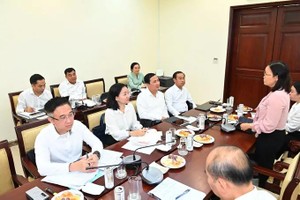
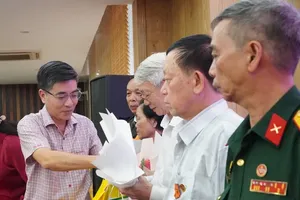
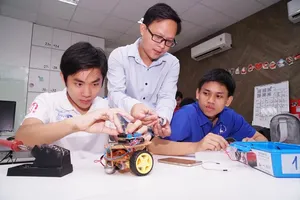
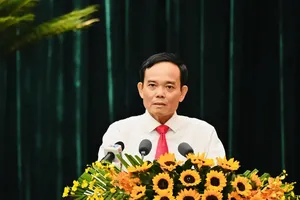
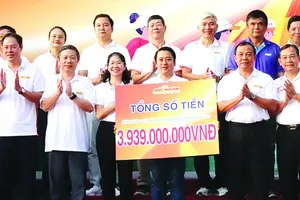

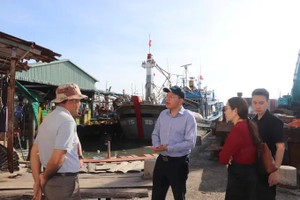
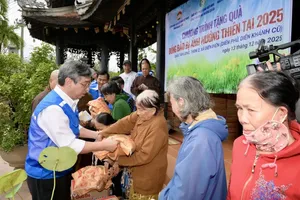
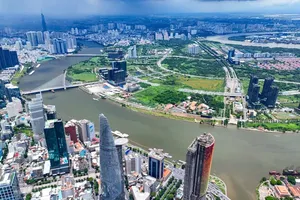
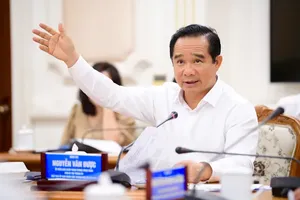
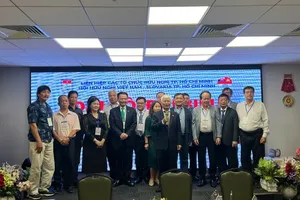
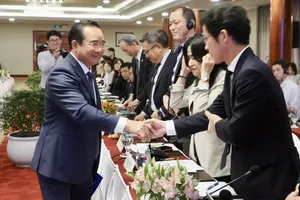
)
